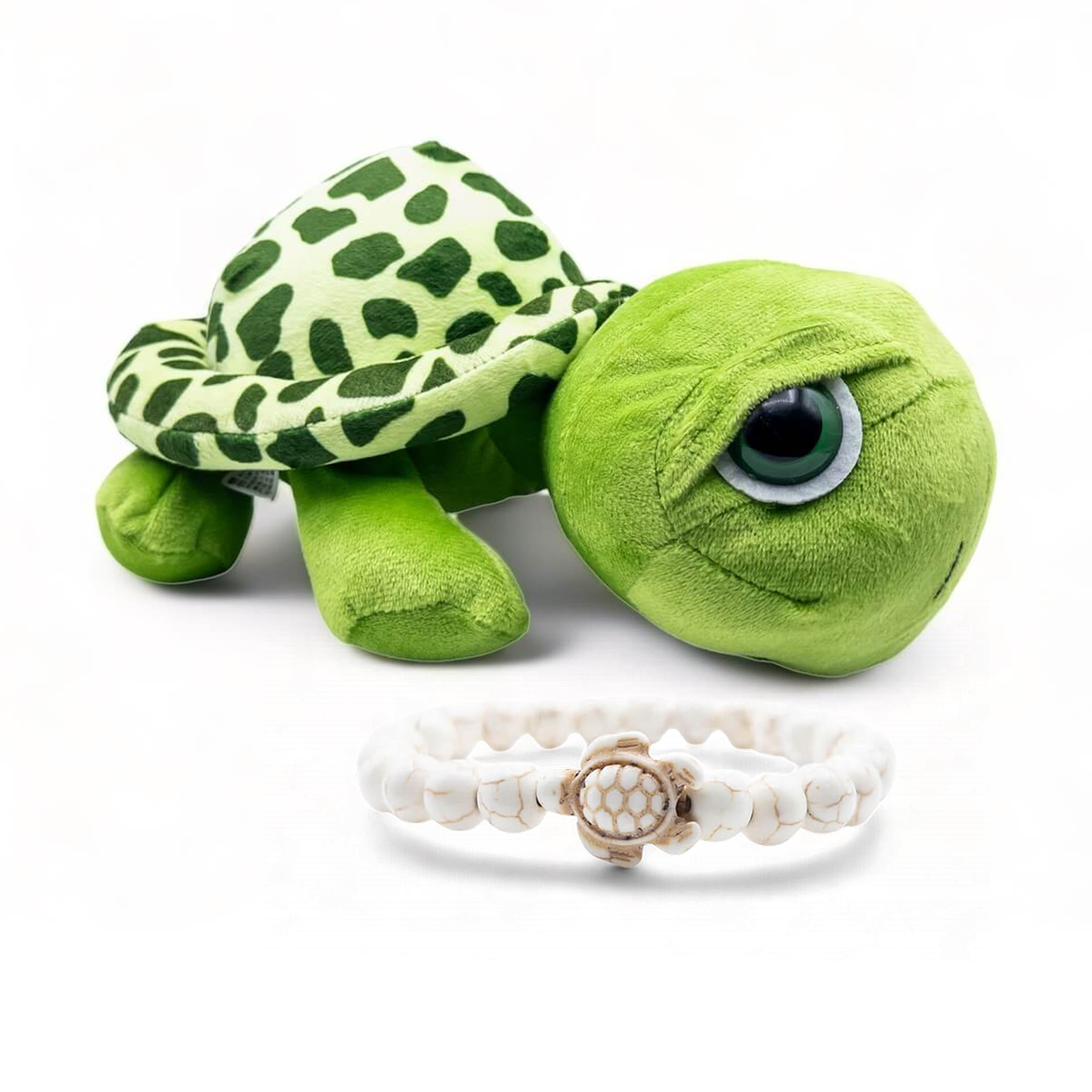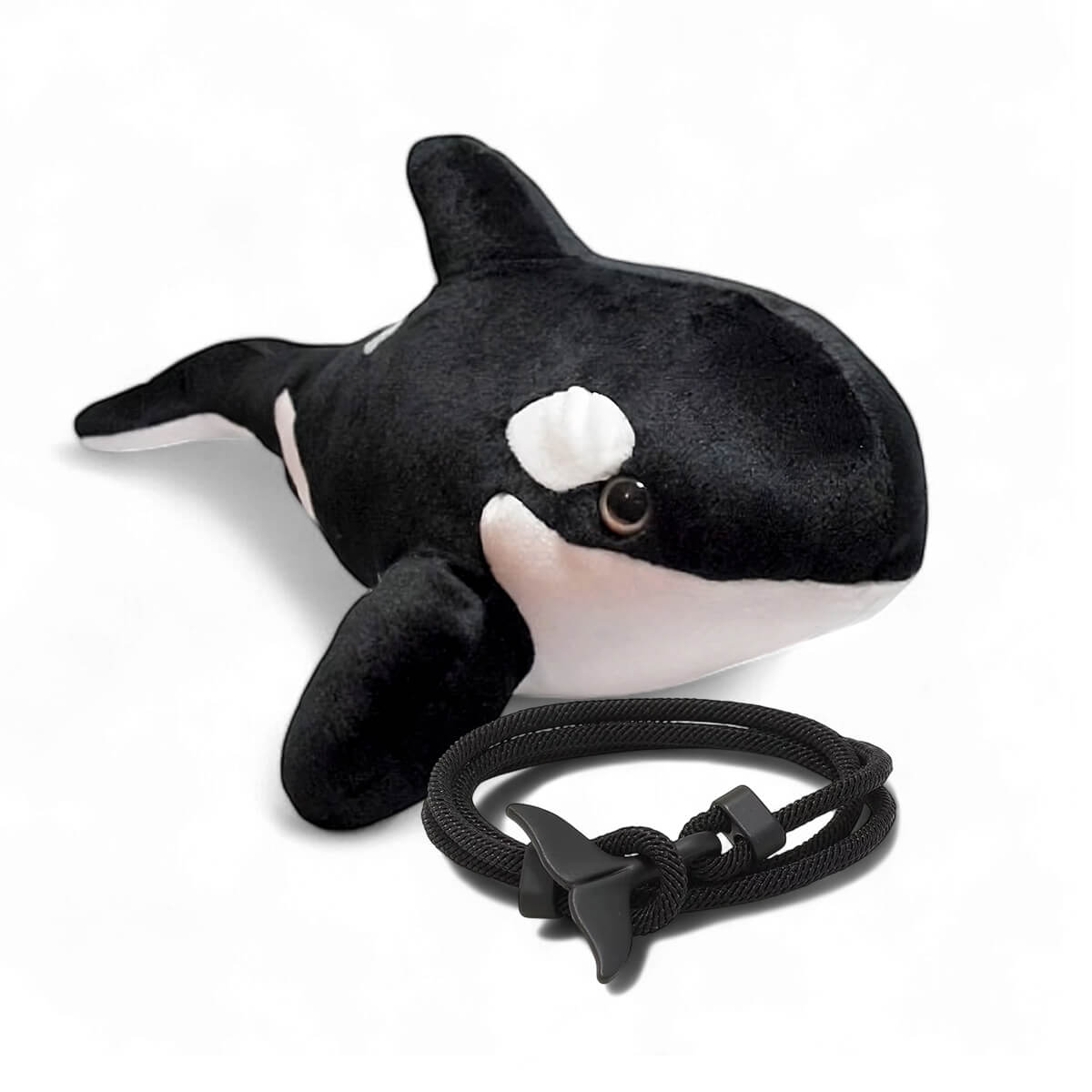Together we want to protect the whales.
Name your own whale and let it swim.
49637
helpers

Your personalized sponsorship certificate
After purchase, we will send you a link to fill out and print your certificate.
You can choose the name of the recipient and the animal name yourself, the creation date and the unique certificate number will be inserted automatically.
Also shown is an individual QR code that you can use to track the animal. Perfect to give as a gift to your loved ones!
You can find all your animals and certificates in your member area. Please register here .


Discover our most popular products
You might also like them















